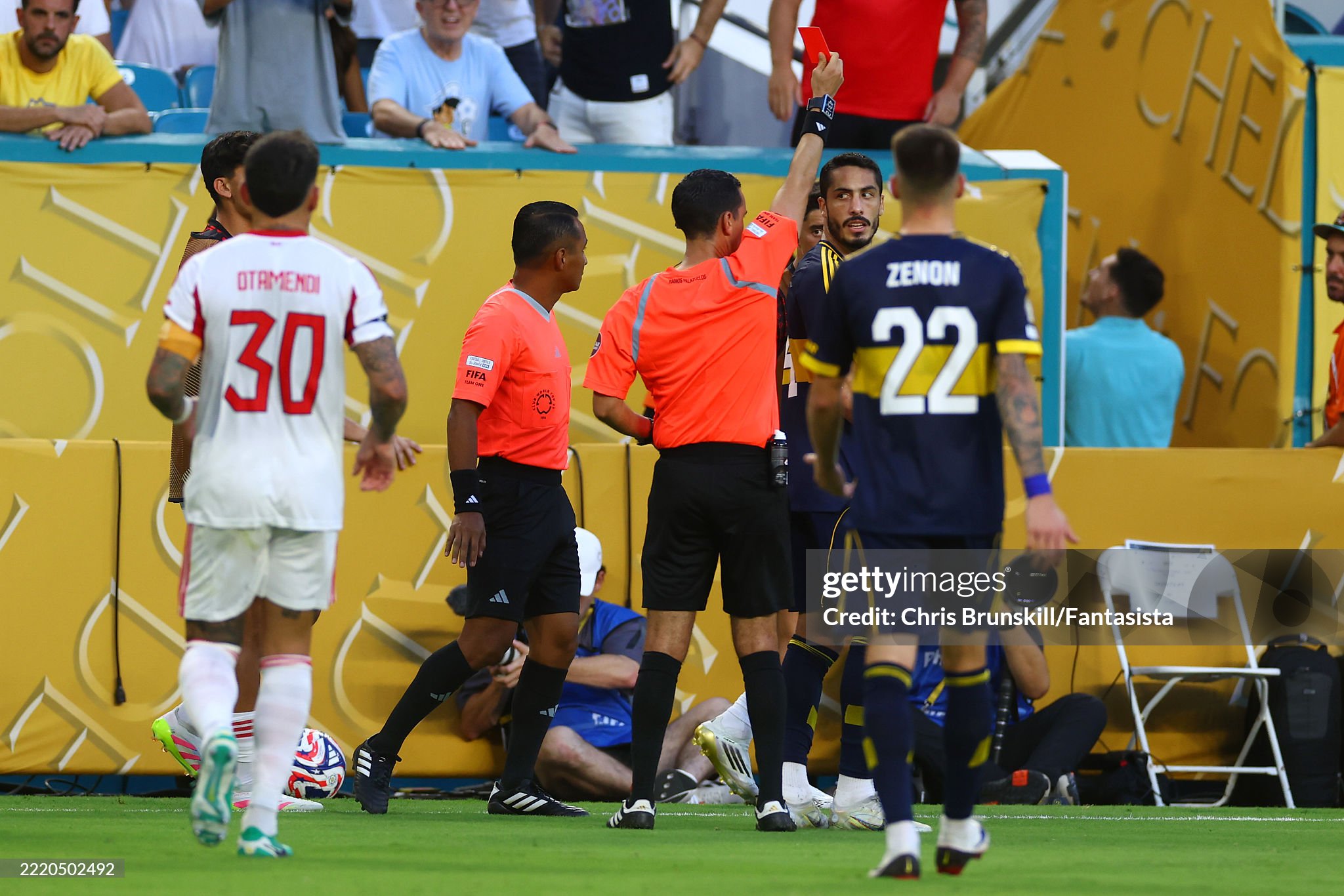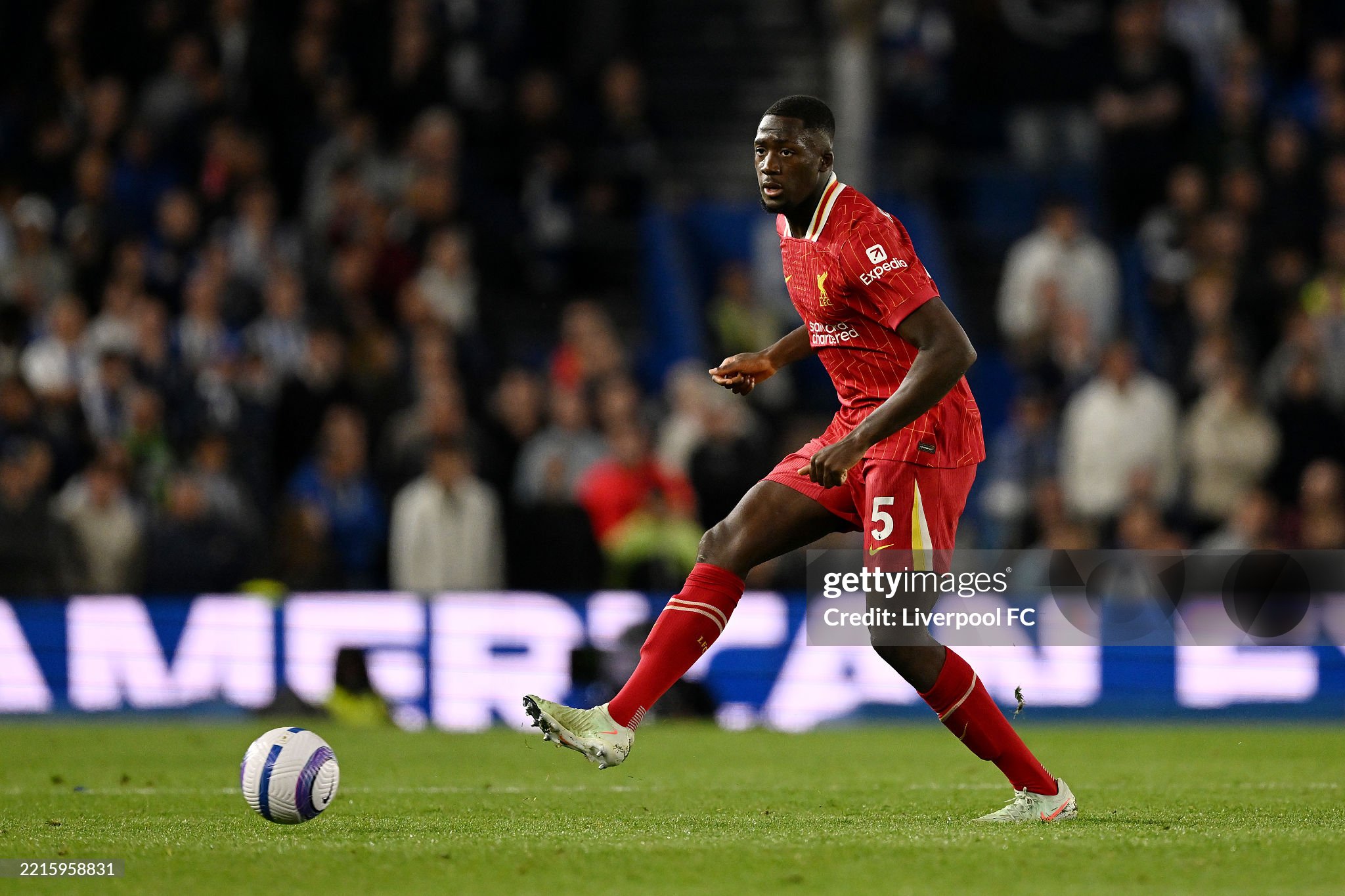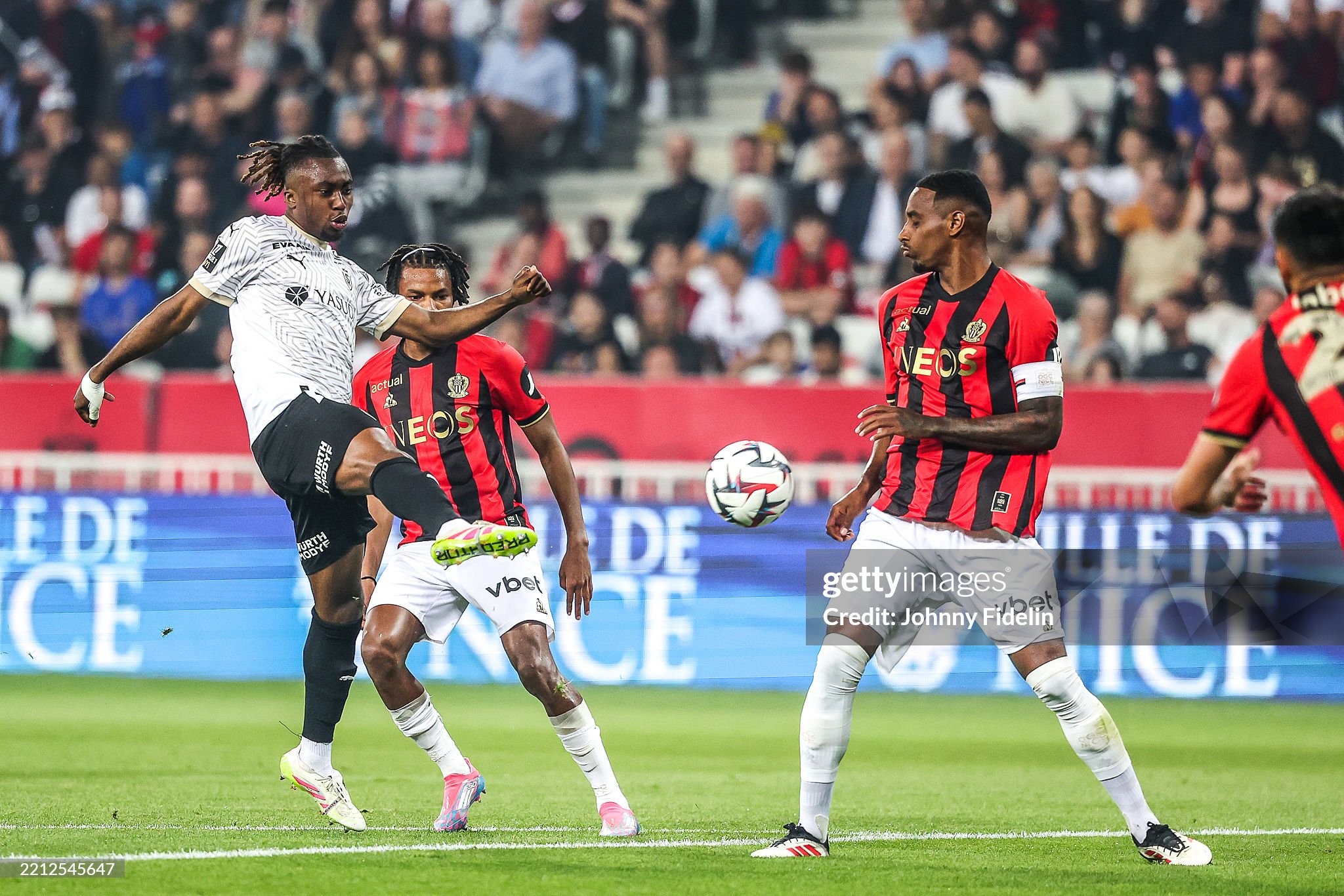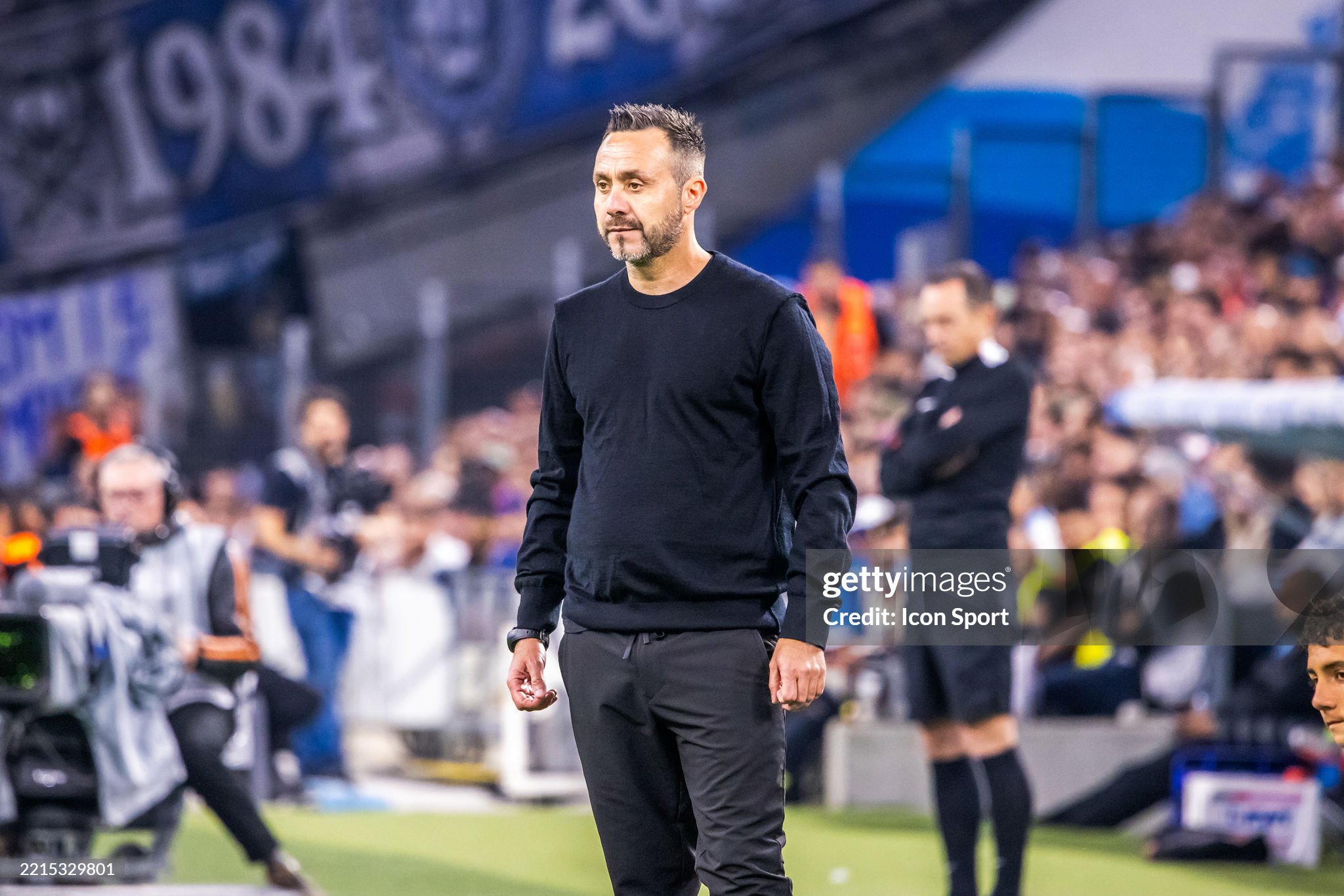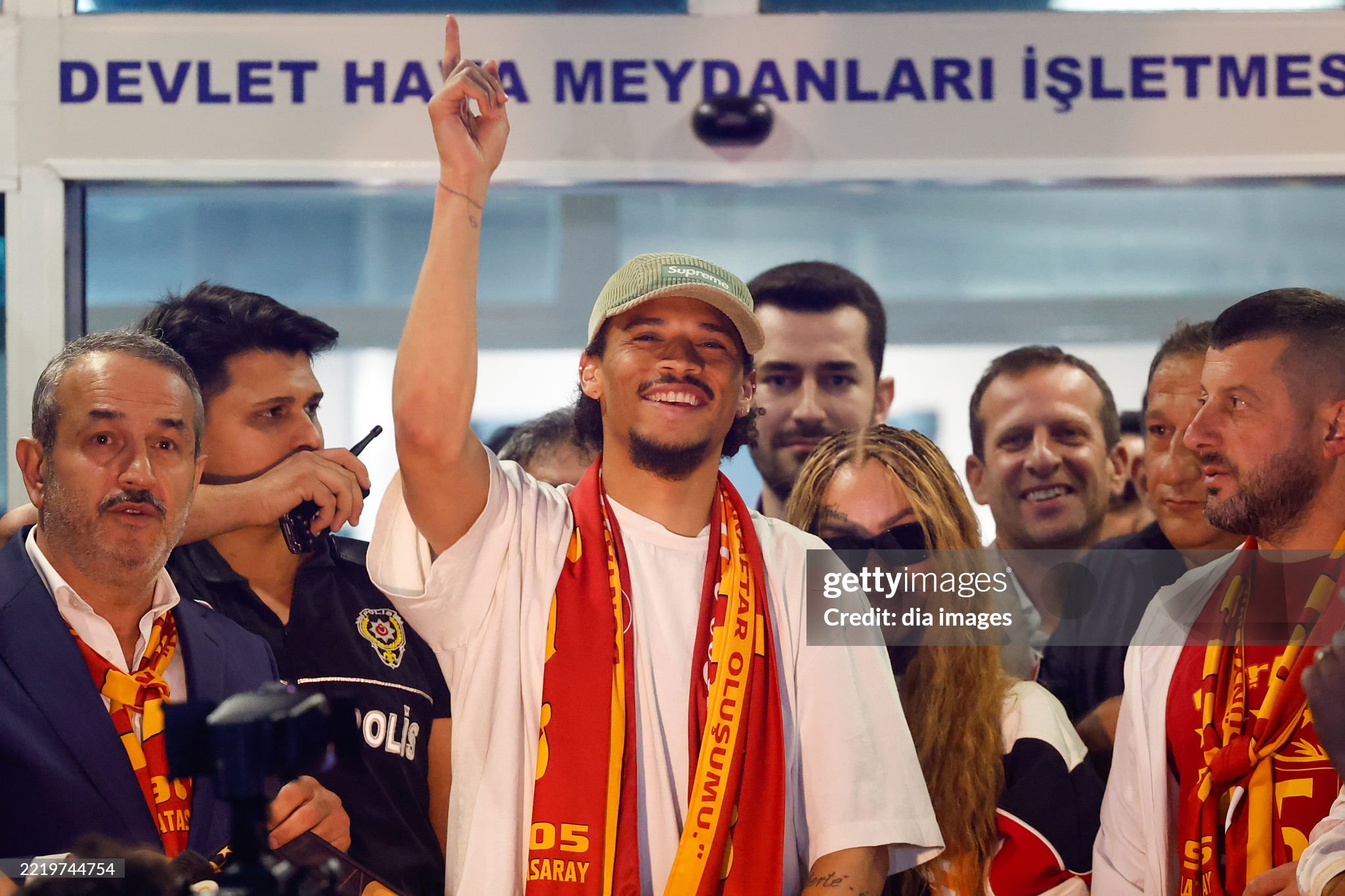With three red cards and four yellow cards, the match between Boca Juniors and Benfica at the Club World Cup spiraled out of control, and the criticism is now directed at referee César Ramos.
The Club World Cup meeting between Boca Juniors and Benfica at Hard Rock Stadium in Miami Gardens was expected to be a celebration of two of the world’s most storied clubs on North American soil.
Instead, it dissolved into a bruising 2-2 draw defined by officiating controversy, crowd unrest and a cascade of cards that left players and coaches fuming and neutrals wondering how a marquee fixture could slip so rapidly into chaos.
Well before kickoff the atmosphere hinted at tension. More than sixty thousand supporters, an overwhelming majority clad in blue and gold, transformed the NFL venue into what Argentine media later dubbed the American Bombonera. They came to witness Ángel Di María’s farewell tour with Benfica and to gauge how Boca would fare on a stage many believe suits the club’s global aspirations. What they got was ninety-plus minutes of raw aggression during which Mexican referee César Ramos brandished three red cards and four yellows, blew for a contentious penalty and struggled to maintain control from the first whistle.
The contest itself was frenetic. Boca struck first through Edinson Cavani, seizing on a defensive lapse after just eight minutes, yet Benfica responded before the half-hour when João Mário steered home from close range. That equaliser ignited the match’s darker undercurrents. A series of late challenges from Boca’s midfield, combined with what Benfica perceived as gamesmanship whenever play stopped, pushed tempers to the brink. Ramos issued two quick yellows but allowed physical duels to continue unchecked, a decision that set the tone for what followed.
Six minutes into the second half came the tackle that changed everything. Boca defender Marcos Rojo lunged studs-up on Di María near the touchline. Ramos initially reached for yellow, then upgraded to red after a lengthy VAR review, drawing furious protests from Boca’s bench. The card imbalance opened space for Benfica and soon produced their second goal, a sweeping counter finished by Rafa Silva. That lead lasted barely a heartbeat because Boca, feeding on the emotional energy swirling through the stadium, forced an own goal off Nicolas Otamendi to level at 2-2. The crowd’s reaction was seismic, but the evening’s narrative was already fixed on Ramos rather than the scoreboard.
In the seventy-first minute Ramos awarded Benfica a penalty after Alan Varela clipped Silva in the area. Replays suggested minimal contact; nonetheless VAR confirmed the spot kick. The decision detonated a wave of whistles that drowned out Di María as he prepared to take the penalty. Chiquito Romero guessed correctly, preserving the draw, yet the palpable hostility remained. Moments later tempers boiled over when Benfica full-back Alexander Bah and Boca winger Exequiel Zeballos tangled on the flank. A scuffle involving both technical areas ensued, prompting Ramos to dismiss Bah for violent conduct and show a second yellow to Boca substitute Ezequiel Bullaude, reducing each side to ten.
With stoppage time looming Ramos flashed his third red, sending off Luis Advíncula for a reckless lunge that left Benfica’s Florentino Luís needing treatment. When the final whistle finally cut through the din, neither side celebrated. Players surrounded the referee in protest as security staff formed a cordon to escort the officiating crew toward the tunnel. The boos raining down from the predominantly Argentine crowd were unrelenting, amplified by chants referencing what home supporters viewed as systematic bias.
Post-match analysis centred almost entirely on Ramos’s performance. The Portuguese daily A Bola assigned him a mark of one out of ten, adding that the number would have been worse had VAR not intervened to correct earlier calls. South American pundits were no kinder. ESPN’s Argentine desk argued that the referee had empowered Boca’s early physicality and, by extension, Benfica’s retaliation by failing to issue preventative cards in the opening quarter-hour. Former FIFA official Héctor Baldassi, speaking on radio in Buenos Aires, suggested the match demonstrated why FIFA should consider stricter criteria when appointing referees to high-profile inter-confederation fixtures, particularly those featuring sides from South America where intensity often spikes.
Players were equally forthright. Di María, preparing for a return to Rosario Central, maintained that he and his teammates understood Boca’s need to press aggressively but felt the referee granted far too much leniency, allowing the contest to degenerate into what he labelled a physical lottery. Boca captain Cavani countered that Ramos lost authority once he relied on VAR to upgrade Rojo’s caution, arguing that such reversals invite confusion and emotion among players who already feel every decision shapes their legacy in a short tournament. Neither used direct insults, yet their frustrations underscored how thin the line is between competitive edge and indiscipline.
Statistically the match will enter Club World Cup lore as one of the most card-laden, though it falls just short of the infamous 2000 meeting between Real Madrid and Raja Casablanca, which produced four dismissals. Even so, the sequence in Miami raises fresh questions about tournament logistics. Hard Rock Stadium is a neutral venue, yet the ticket distribution heavily favoured Boca supporters, creating a combustible environment for any official assigned to police an Argentina-Europe collision. FIFA may now face calls to review security protocol and allocation procedures, mindful that the next edition will expand the event to a 32-team format where volatile supporter mixes are inevitable.
For Boca the draw leaves tactical issues unresolved. Jorge Almirón’s side displayed moments of vintage high-press aggression, but defensive lapses and discipline problems continue to haunt them. Benfica must grapple with the knowledge that they controlled large stretches yet still conceded twice and surrendered a lead, while the physical toll of ten-versus-ten football saw Florentino Luís and Antonio Silva exit with knocks that will require assessment.
Above all, César Ramos exits Miami as the night’s most scrutinised figure. The Mexican referee has extensive World Cup experience, yet this display will undoubtedly influence his assignments moving forward. FIFA’s referees committee could opt for a quiet period away from headline fixtures while the incident report is reviewed. There is speculation that both clubs will lobby for clearer guidelines on VAR intervention, citing inconsistency in how subjective fouls are escalated to red cards or spot kicks.
The tournament now moves on, but the aftershocks will linger. Supporters from Buenos Aires to Lisbon are united in disappointment that an encounter brimming with narrative potential descended into acrimony. The enduring image is unlikely to be Cavani’s early strike or Di María’s cool composure over the penalty spot. Instead, it will be the collective ire directed at a referee who lost the thread of a thrilling football story and turned a showcase into a cautionary tale about the fragile balance between passion and control at the highest level of the game.
